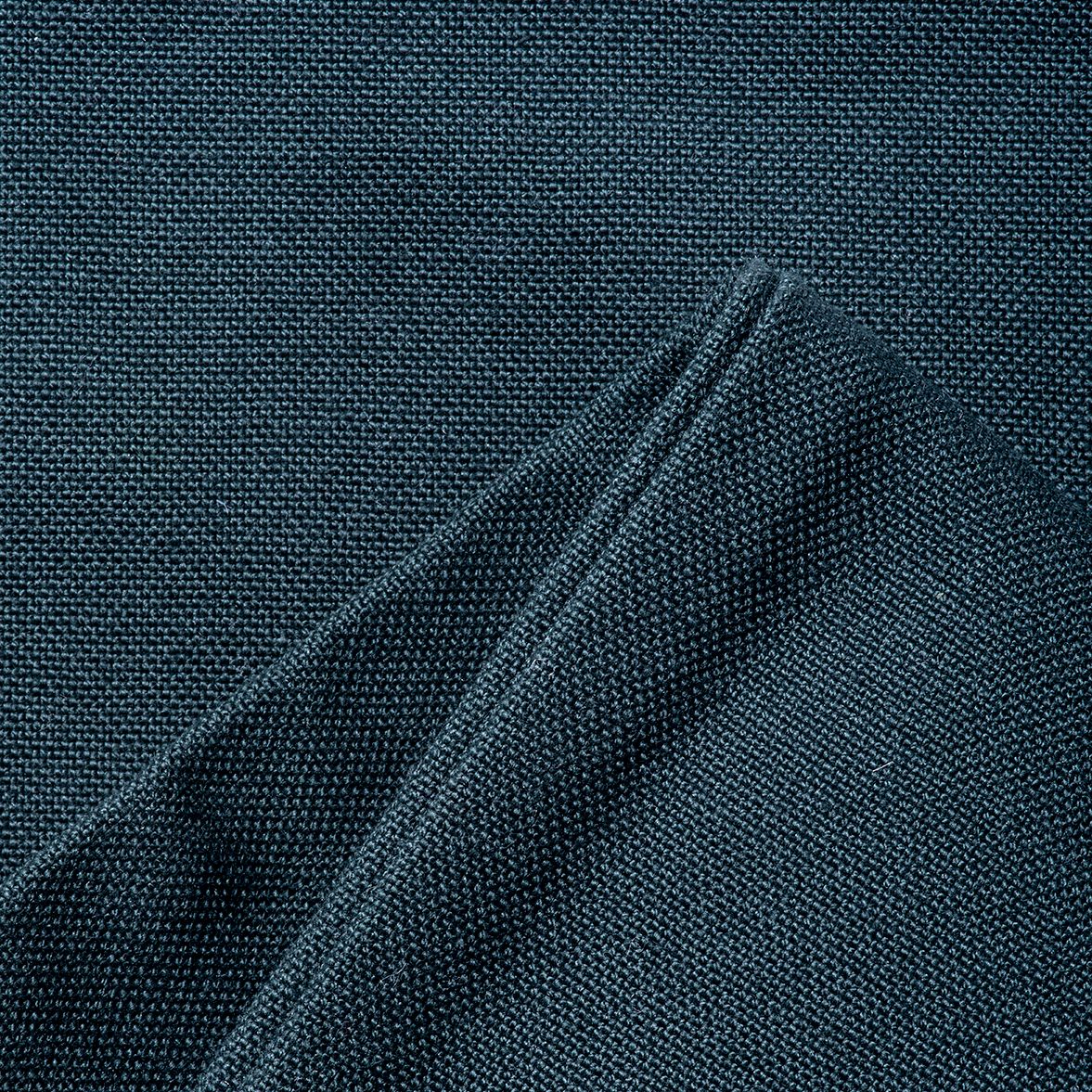
Organic Cotton
To be considered organic, cotton must be grown using techniques set out in charters and must come from a GMO-free seed. It must also free from chemical pesticides, herbicides and growth hormones.
Today, only a tiny proportion of global cotton production is certified organic. Organic cotton accounts for around 2 million tonnes sold per year, compared to more than 17 billion tonnes of conventional cotton.
Pros
Organic cotton is obviously more environmentally friendly, as well as being more ethical than conventional cotton. From planting the seed to harvesting the flower, organic cotton is grown without pesticides, insecticides or chemical fertilisers, and is also GMO-free. Farmers use natural fertilisers and insecticides that do not harm surrounding ecosystems and are not toxic to humans working on the production line.
Organic crops are more environmentally friendly; they consume 50-80% less water than traditional crops, do not exhaust the soil, and emit 30-40% less CO2.
During the weaving and clothing manufacturing process, organic cotton is bleached with oxygenated water and not chlorine. Dyes must be made without carcinogenic substances or heavy metals. Since it does not undergo chemical treatments, organic cotton is very pleasant to the touch, totally allergen-free and has a longer life cycle.
The GOTS label is the best guarantee for organic and environmental cotton throughout the production chain (textiles containing at least 95% certified organic fibres).
Cons
In general, organic cotton costs about 20-30% more than conventional cotton because the processes involved require more work. While conventional cotton farming is focused on speed and quantity, the principles of organic farming are based on quality and ethics. Yields of organic crops are therefore often slightly lower than those of conventional farms.
Despite the water savings achieved (compared to traditional cotton farming), organic cotton is still a thirsty plant. To reduce the use of this precious natural resource, we therefore really have to rethink the way we consume, by buying less but buying better.
We would be happy to produce your next organic cotton item. Please do not hesitate to contact us to discuss your future project.


